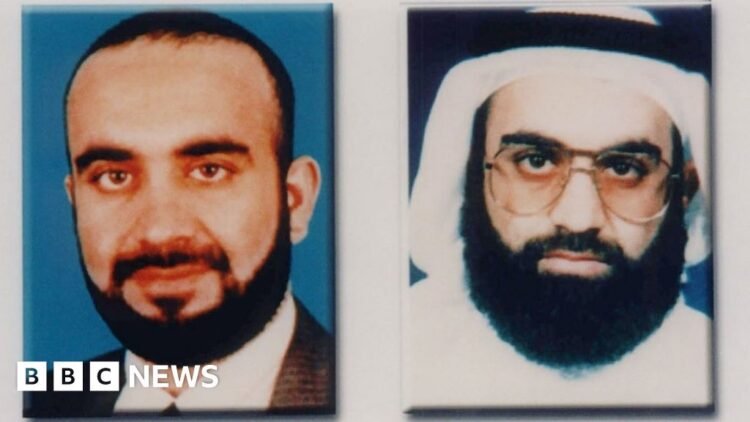Washington, D.C. — July 12, 2025
In a significant setback to efforts aimed at closing one of the longest-running legal chapters in U.S. history, a federal appeals court has overturned a plea deal that would have spared Khalid Sheikh Mohammed—the alleged architect of the September 11 attacks—from facing the death penalty.
The decision, issued Friday by a divided three-judge panel on the U.S. Court of Appeals for the District of Columbia Circuit, nullifies a proposed agreement allowing Mohammed and two co-defendants to plead guilty in exchange for life sentences without parole. The ruling effectively resets years of negotiation and prolongs the two-decade-long legal battle that has defined the Guantanamo Bay military commission system.
The now-defunct plea deal was designed to bring a degree of closure to the victims’ families and the American public. In addition to accepting life sentences, the defendants were to provide detailed answers to outstanding questions about the 2001 terrorist plot that killed nearly 3,000 people.
However, former Defense Secretary Lloyd Austin rejected the arrangement in 2023, arguing that only a defense secretary should decide whether to seek the death penalty in a case of such magnitude. Lawyers for the defendants insisted the deal had already taken legal effect and challenged Austin’s authority to nullify it after the fact. A military judge and a review panel initially sided with the defense.
But in a 2–1 decision, the appeals court ruled that Austin had acted within his powers. The court emphasized the symbolic and procedural importance of holding full military commission trials for a case that has profoundly shaped modern U.S. counterterrorism policy.
“Families and the American public deserve the opportunity to see military commission trials carried out,” wrote Judges Patricia Millett and Neomi Rao in the majority opinion. Millett is an Obama appointee, while Rao was nominated by former President Donald Trump.
In a dissenting opinion, Judge Robert Wilkins, also appointed by Obama, sharply criticized the ruling. “The government has not come within a country mile of proving clearly and indisputably that the Military Judge erred,” he wrote.
The court’s decision underscores the ongoing challenges of trying high-profile terrorism cases within the unique legal structure of Guantanamo Bay. It also suggests that justice in the case of September 11—at least in the courtroom—may still be years away.

 English
English



























































